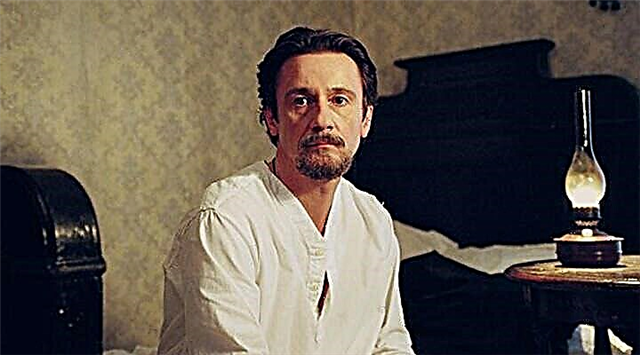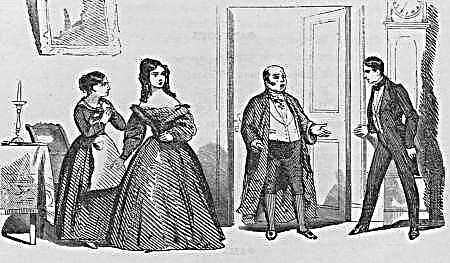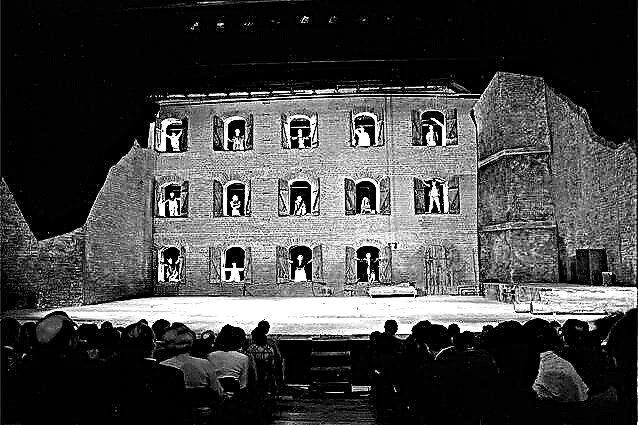(337 words) For four years A.N. Ostrovsky wrote one of his most famous plays, Dowry. But, unfortunately, this work became popular only after the death of the writer. To date, the drama is known primarily for its female images, which are familiar to everyone from E. Ryazanov’s film “Cruel Romance”. Each of the heroines is a unique personality worthy of attention.
Larisa Ogudalova is a light, talented and dreamy girl. It is no coincidence that her name is translated from Greek as "The Seagull." She was not able to realize her dreams, because without a dowry, Paratov, her chosen one, did not need her hand and heart. In such a humiliating situation, her mother decided everything for her. Realizing her lack of rights, faced with deception, the heroine, under her pressure, agreed to marry Karandyshev. She did not feel any love for him, but she fully explored it with Paratov, who again betrayed her. After that, she saw only one way out of this situation - to become Knurov’s lover. But, hearing about this, an angry groom shot the heroine. In the end, Larisa thanked the killer and asked for a gun to be given to her, so that everyone would consider her the culprit of what happened. That is how the life of a passionate, talented and beautiful heroine ended, burned in the flame of feeling.
Another female character in the play is Larisa's mother, Harita Ignatyevna Ogudalova. She is a widow, a poor noblewoman, although she belongs to a noble family. She is distinguished by her cunning and sincerely believes that without this one cannot live on earth. She does not mind humiliating, lying and pretending to achieve something. When it was time to find a husband for Larisa, the heroine turned her own house into a real circus. Harita Ignatievna did not understand that all this was not in the spirit of her daughter. Larisa agreed to marry Karandyshev, so that she would no longer live with her mother. It was she who let her daughter go with Paratov, flattered by his wealth. However, could this woman survive differently? On her shoulders lay all the hardships of poverty, she had to support and marry her daughters, not having a penny for her soul.
As we see, Ostrovsky introduces us to unhappy women who could not find their own happiness. Harita Ignatievna is a petty bourgeois exhausted by everyday life and her own lack of rights, and her daughter is a victim of circumstances in which she played the role of “thing”.

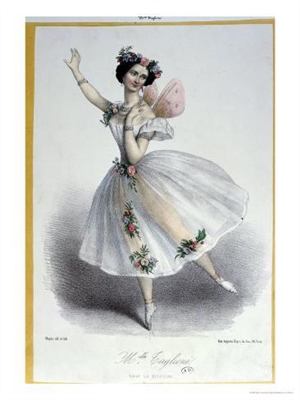
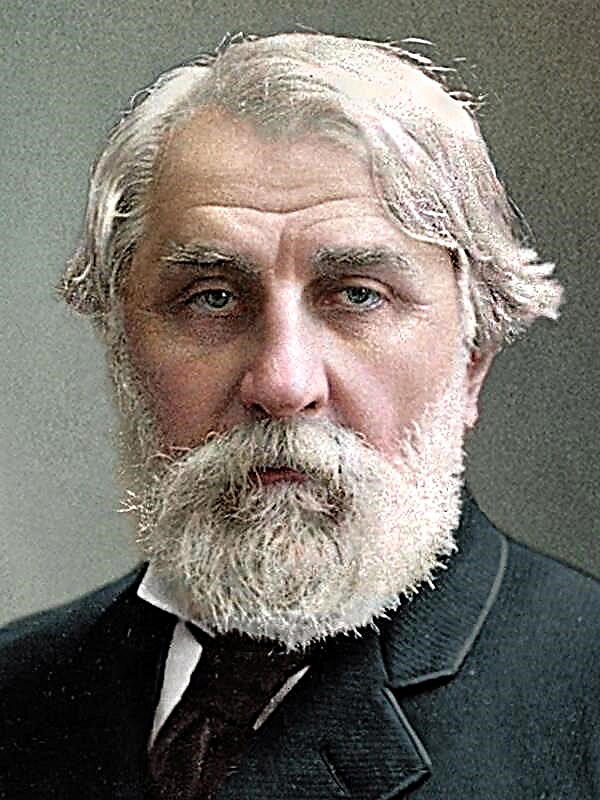


 Yuri Miloslavsky
Yuri Miloslavsky
